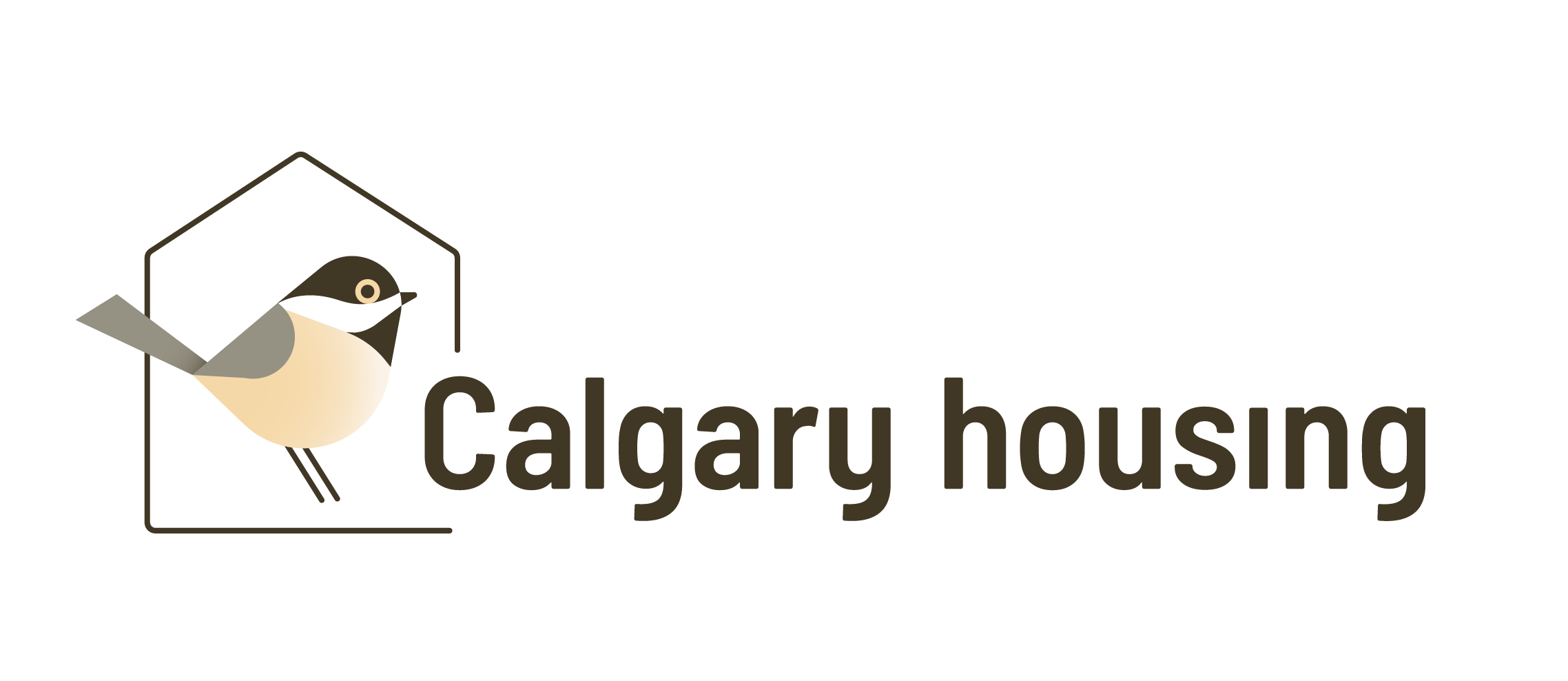Be aware of scams! Tips for Preventing Fraud
There are all kinds of frauds and scams that go on, and new ones seem to come up every day. Be vigilant if you receive phone calls, text messages emails or even letters that claim to be from an organization requesting personal information such as a social insurance number, credit card number, bank account number etc. Read on to learn how to protect yourself from scams and fraud and be cyber safe!
Some scams may insist personal information is needed to receive a refund or a payment. Some scams or fraud involve threatening or coercive language to scare people into paying fictitious debts to agencies like the CRA. Others get people to visit a fake website where you are asked to enter personal information. These are examples of scams and you should never respond to these or click on any of the links provided.
Resources from the Anti-Fraud Centre
~ Canadian Anti-Fraud Centre
~ List of scams targeting individuals
~ Info on Reporting Fraud
~ What victims of fraud should do
SCAM ALERT! If you get a text message saying you received a deposit for CERB – it is a scam! Do not reply or click on the link, delete the text and warn others.
The Government of Canada’s website is advising people to be aware of CERB scams at this time. If you receive a text message about a deposit for the Canada Emergency Response Benefit (CERB), it is a scam. Do not reply or click on the link, delete the text and warn others. More information from the Government of Canada.
About Identity Theft, Scams and Fraud
According to the Government of Canada, identity fraud is when someone steals someone else’s personal information for criminal purposes. Identity fraud can be simple, such as dumpster diving and mail theft or more complex, like phishing for personal info or hacking into private databases. Computer spywares and viruses also help thieves steal personal information.
The Canadian Anti-Fraud Centre says it is noting an increase in identity fraud reporting. It is important that Canadians take steps to secure their personal and financial information and know what to do when identity fraud occurs.
More from the Canadian Anti-Fraud Centre
Learn about Identity theft & fraud. Fraudsters are using personal information about Canadians to apply for government benefits, credit cards, bank accounts, cell phone accounts or even take over social media and email accounts.
Protect yourself from scams and fraud. Here are some tips and tricks to protect yourself or your business from scams and fraud. Remember, if it seems too good to be true, it is.
Take the time to Get Cyber Safe. Information from the Government of Canada’s to increase awareness of common online threats and make cyber safety as much a part of daily life as the Internet is.

